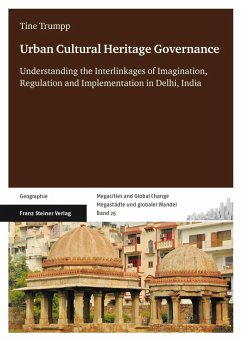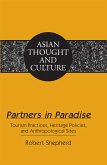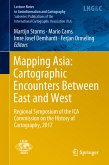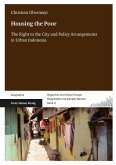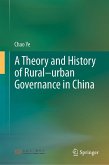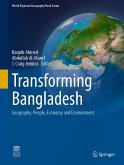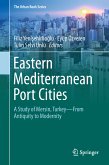The responsibility for safeguarding urban cultural heritage, however, does not lie with public authorities only, but is embedded in the complex structures of public and private, individual and collective stakeholders acting at different levels with their respective interests.
This study shows that social and professional discourses on urban cultural heritage and its protection highly influence conservation efforts. To overcome the sectoral perspective that dominates the existing research on urban cultural heritage in the Indian context, it draws on an analytical governance approach. This approach makes it possible to identify three governance orders and thus to make visible the interconnections between imagination, regulation and implementation.
Tine Trumpp studied Geography at Heidelberg University and Uppsala University, Sweden. Since 2013 she has been working as a research associate and lecturer at the Institute of Geography at Cologne University. Her main research is on urbanization, urban governance, and urban heritage, with a specific regional focus on India.
Dieser Download kann aus rechtlichen Gründen nur mit Rechnungsadresse in A, B, BG, CY, CZ, D, DK, EW, E, FIN, F, GR, HR, H, IRL, I, LT, L, LR, M, NL, PL, P, R, S, SLO, SK ausgeliefert werden.

